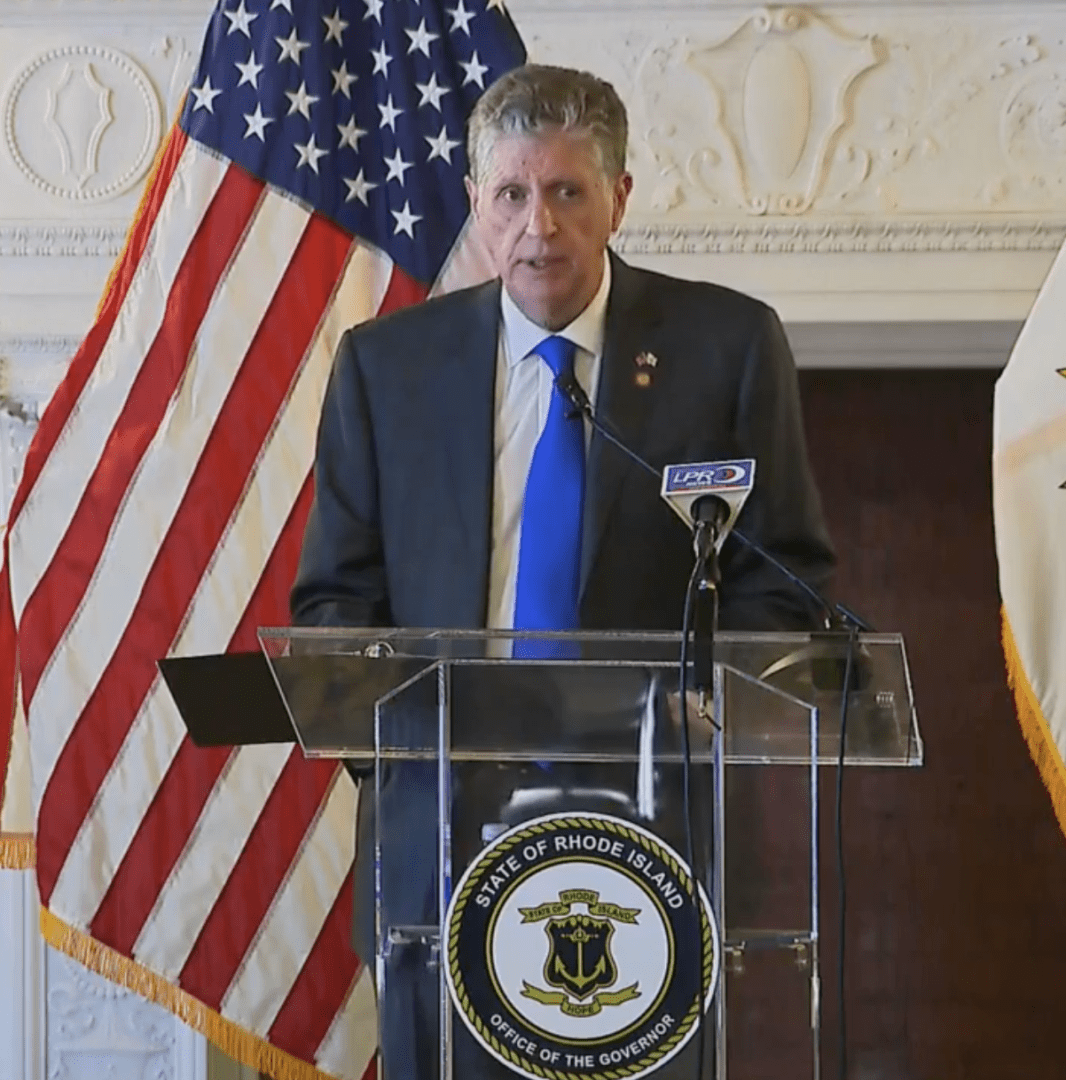Search Posts
Recent Posts
- GriefSpeak: Waiting for Dad – Mari Nardolillo Dias June 13, 2025
- Rhode Island Weather for June 13, 2025 – Jack Donnelly June 13, 2025
- Urgent call by Rhode Island Blood Center for Type O- and B- blood June 13, 2025
- Real Estate in RI: Ready, Set, Own. Pathway to Homeownership workshop June 13, 2025
- Outdoors in RI – Risky cattails, Fight the Bite mosquito report, 2A gun ban bill update June 13, 2025
Categories
Subscribe!
Please enter your name.
Please enter a valid email address.
Thanks for subscribing! Please check your email for further instructions.
Something went wrong. Please check your entries and try again.

Gov. McKee’s plan to lift statewide school mask mandate & indoor masking
Statement of Governor McKee after today’s announcement:
| With COVID-19 case and hospitalization data continuing to improve, Governor Dan McKee and the Rhode Island Department of Health (RIDOH) today announced plans to lift the statewide school mask mandate on March 4, allowing decisions about masking to be made by local school districts at that time. Additionally, the Governor and RIDOH announced that the Executive Order on indoor masking will lift on Friday, February 11. Today’s announcement empowers schools, businesses, and venues of assembly to implement the health and safety measures best suited to the needs of their communities. “Thanks to Rhode Islanders stepping up to do the right thing, together we’ve made considerable progress against COVID-19 and the winter surge,” said Governor McKee. “Based on our decreasing case and hospitalization numbers, our team at the Department of Health feels confident in our plan to safely shift masking guidance for both schools and public settings as we move into an endemic management phase of the virus.” Decisions to shift the State’s masking policies were made in collaboration with the Department of Health and based on current COVID-19 data. Since peaking at approximately 6,700 cases a day in early January, Rhode Island’s case numbers have decreased by more than 94 percent. Since peaking at 598 hospitalizations in mid-January, Rhode Island’s number of hospitalized COVID-19 patients has decreased by approximately 52 percent. (Hospitalization trends tend to lag behind case trends.) During the week of January 2, there were 9,931 K-12 cases in Rhode Island, compared to 1,547 K-12 cases the week of January 30. Overview of Updates: Businesses and venues of assembly – On February 11th, the Executive Order that requires masking or proof of vaccination status (depending on the venue size) will expire. At that point, businesses and venues will have the ability to create their own masking and vaccination policies.Schools – Pending the approval of a joint resolution to extend the Governor’s emergency authority for 45 days, the Governor will extend the Executive Orderthat requires indoor masking in public K-12 schools to March 4. At that point, cities, towns, and school committees will be able to implement their own masking policies using updated recommendations that RIDOH and RIDE will provide. This updated approach brings masking in line with other mitigation measures that schools implement based on recommendations from RIDOH and RIDE, such as testing, social distancing, and symptom screening. Given the complexities of developing and implementing new COVID-19 policies in schools, the current masking requirement for schools will remain in effect for three weeks longer than the requirement for businesses and venues of assembly. During these three additional weeks, school leaders will be able to develop masking policies after reviewing the updated recommendations from RIDOH and RIDE and after gathering input from families. This will also give families additional time to get their children vaccinated. Following these shifts, students, teachers, and school staff and people in businesses and venues of assembly will still have the option to wear masks. Additionally, masks will still be required for people in public transportation stations and while on public transportation, including school buses. (These are federal requirements.) “Thanks to the availability of treatment and vaccine, severe COVID-19 illness is now largely a treatable, preventable disease. We are also seeing that the Omicron variant is often resulting in a much less serious course of illness for many people,” said Interim Director of Health James McDonald, MD, MPH. “Given this reality, the shifts we are announcing today represent a measured approach that will help our schools and our community regain a much-needed sense of normalcy.” “With cases rapidly declining and continued efforts to improve vaccination rates across the state, we’re optimistic about the direction we’re heading,” said Education Commissioner Angélica Infante-Green. “Over the next month, we’ll be working closely with districts to help them review the data, connect with the Department of Health, and create guidance that works for their school communities.” Masking is still recommended for immunocompromised individuals and for those who are not up to date on their COVID-19 vaccination. Being up to date means that you have received all the doses you are eligible to receive (for example, you have received a booster dose if you are eligible to receive a booster dose). |
